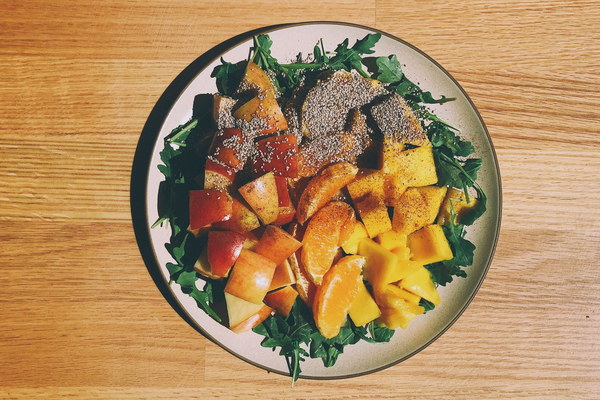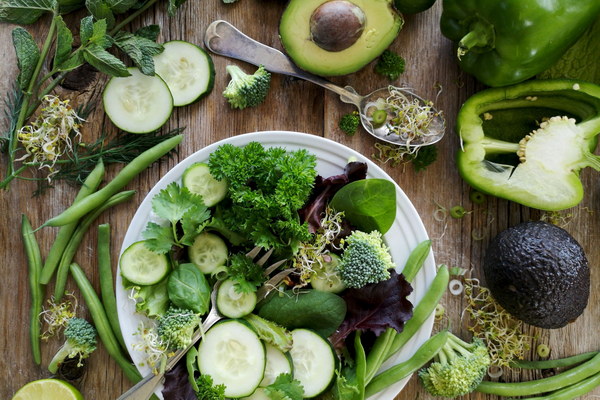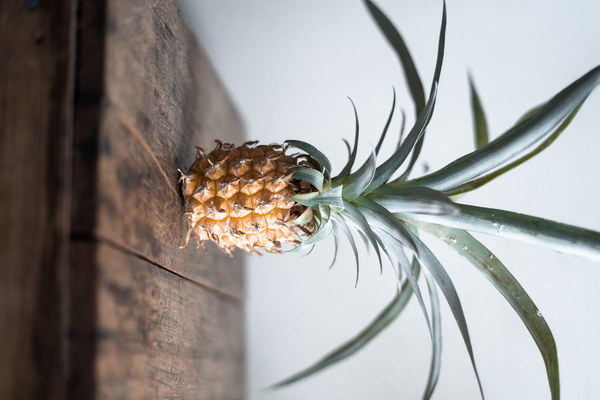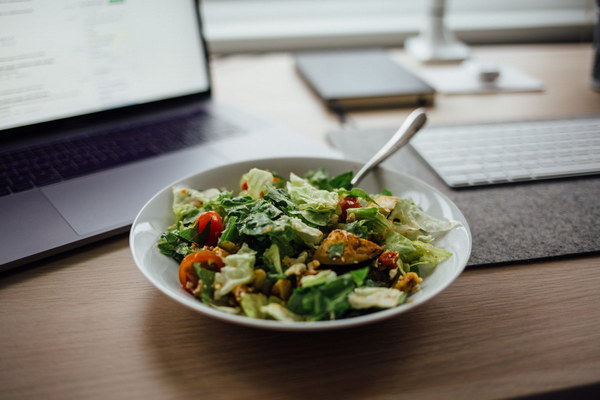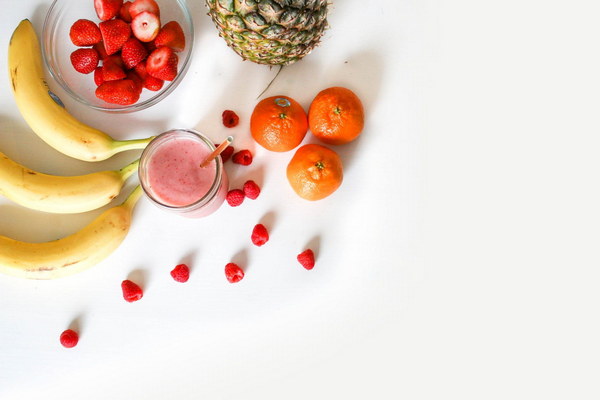Unlocking the Secrets How to Effectively Boost Calcium and LiverKidney Health
In today's fast-paced world, maintaining optimal health can be a daunting task. Among the many nutrients our bodies need, calcium and liver-kidney health are two crucial components for overall well-being. This article delves into the secrets of how to effectively boost calcium and liver-kidney health, ensuring that you can lead a healthier life.
1. Understanding Calcium and Liver-Kidney Health
Calcium is a vital mineral that plays a key role in maintaining strong bones and teeth, as well as supporting nerve function, muscle contraction, and blood clotting. On the other hand, liver and kidney health are essential for detoxification, nutrient absorption, and waste elimination.
2. Foods Rich in Calcium
To ensure an adequate intake of calcium, incorporate the following foods into your diet:
- Dairy products: Milk, cheese, and yogurt are excellent sources of calcium. Opt for low-fat or non-fat options to reduce saturated fat intake.
- Leafy green vegetables: Spinach, kale, and collard greens are high in calcium and also provide other essential nutrients.
- Almonds and other nuts: Nuts like almonds, Brazil nuts, and hazelnuts contain calcium, as well as healthy fats and protein.
- Fortified foods: Many cereals, orange juices, and plant-based milk are fortified with calcium to help meet daily requirements.
3. Foods that Support Liver and Kidney Health
A healthy liver and kidneys require a balanced diet rich in various nutrients. Consider the following foods:
- Cruciferous vegetables: Broccoli, cauliflower, and Brussels sprouts contain compounds that support liver detoxification.
- Berries: Blueberries, strawberries, and raspberries have antioxidants that help protect the liver and kidneys.
- Garlic and onions: These foods contain sulfur compounds that aid in detoxification and reduce inflammation.
- Turmeric: This spice has anti-inflammatory properties and can help support liver function.
4. Hydration
Proper hydration is essential for maintaining healthy kidneys. Aim to drink at least 8 glasses of water per day to flush out waste and toxins from the body. However, be cautious not to overhydrate, as it can lead to imbalances in electrolytes.

5. Regular Exercise
Physical activity helps improve liver function and reduces the risk of kidney disease. Aim for at least 150 minutes of moderate aerobic exercise or 75 minutes of vigorous aerobic exercise per week, along with muscle-strengthening activities.
6. Avoid Harmful Substances
Limiting exposure to harmful substances can help maintain liver and kidney health. Avoid smoking, excessive alcohol consumption, and exposure to toxic chemicals.
7. Stress Management
Chronic stress can impact liver and kidney function. Practice stress-reducing techniques such as meditation, deep breathing exercises, and yoga to keep your body in balance.
8. Regular Check-ups
Schedule regular health check-ups with your healthcare provider to monitor your liver and kidney function. Early detection and treatment of any issues can prevent further damage.
In conclusion, maintaining calcium and liver-kidney health is crucial for overall well-being. By incorporating a balanced diet rich in calcium and liver-kidney-friendly foods, staying hydrated, engaging in regular exercise, avoiding harmful substances, managing stress, and scheduling regular check-ups, you can effectively support your body's natural processes and enhance your quality of life.
